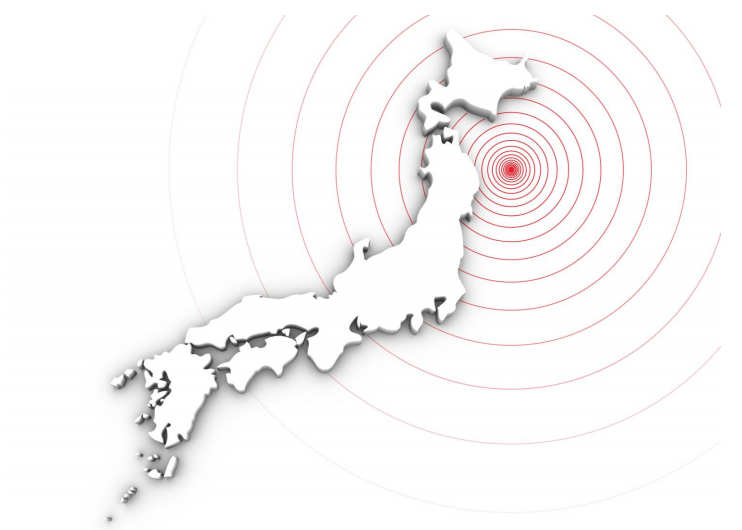
Regulating Japanese Nuclear Power in the Wake of the Fukushima Daiichi Accident
The 2011 accident at the Fukushima Daiichi nuclear power plant was preventable. The Great East Japan earthquake and the tsunami that followed it were unprecedented events in recent history, but they were not altogether unforeseeable. Stronger regulation across the nuclear power industry could have prevented many of the worst outcomes at Fukushima Daiichi and will be needed to prevent future accidents.
In an FAS issue brief, Dr. Charles Ferguson and Mr. Mark Jansson review some of the major problems leading up to the accident and provides an overview of proposed regulatory reforms, including an overhaul of the nuclear regulatory bureaucracy and specific safety requirements which are being considered for implementation in all nuclear power plants.
On Tuesday, December 23rd, the Department of Defense released its annual congressionally-mandated report on China’s military developments, also known as the “China Military Power Report,” or “CMPR.” The report is typically a valuable injection of information into the open source landscape, and represents a useful barometer for how the Pentagon assesses both the intentions and […]
Successful NC3 modernization must do more than update hardware and software: it must integrate emerging technologies in ways that enhance resilience, ensure meaningful human control, and preserve strategic stability.
The FY2026 National Defense Authorization Act (NDAA) paints a picture of a Congress that is working to both protect and accelerate nuclear modernization programs while simultaneously lacking trust in the Pentagon and the Department of Energy to execute them.
While advanced Chinese language proficiency and cultural familiarity remain irreplaceable skills, they are neither necessary nor sufficient for successful open-source analysis on China’s nuclear forces.